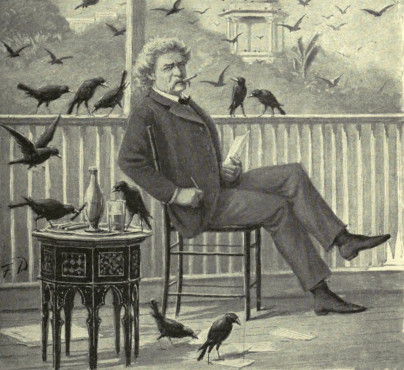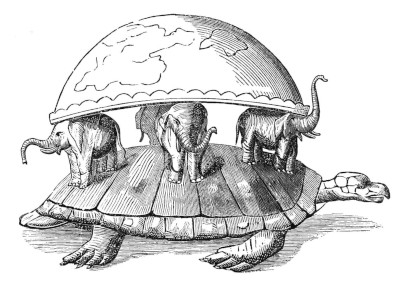Mark Twain? Benjamin De Casseres? Richard Grant White? Mary Hallock Foote? Cordelia Foote? Apocryphal?

Question for Quote Investigator: Mark Twain once joked that the key to success was a combination of ignorance and confidence. I do not know the precise phrasing. Would you please help me to find the exact quotation and a citation?
Reply from Quote Investigator: Mark Twain penned this amusing remark in a letter dated December 2, 1887 which he sent to “Mrs. Foote”. The letter was reprinted in the “Los Angeles Times” on March 16, 1930.1
Also, in 1934 a facsimile of the missive appeared in the book “When Huck Finn Went Highbrow” by Benjamin De Casseres, a limited edition with 125 copies.
There was a long delay between the letter’s composition and its publication, but Twain scholars believe that it is authentic. The famed humorist discussed leading a study group who were exploring the poetry of Robert Browning.2
The quotation reflected Twain’s comical reaction to holding a position of leadership:3
Now when you come to think of it, wasn’t it a curious idea—I mean for a dozen ladies of (apparently) high intelligence to elect me their Browning reader? Of course you think I declined at first; but I didn’t. I’m not the declining sort. I would take charge of the constellations if I were asked to do it. All you need in this life is ignorance and confidence; then success is sure.
Below are additional selected citations in chronological order.
Continue reading “Quote Origin: All You Need In This Life Is Ignorance and Confidence; Then Success Is Sure”





